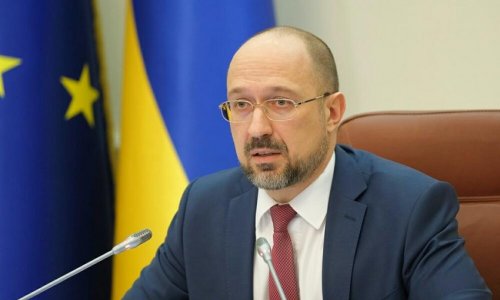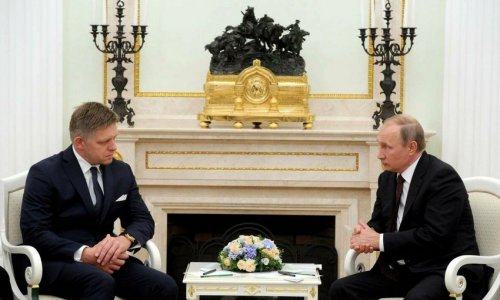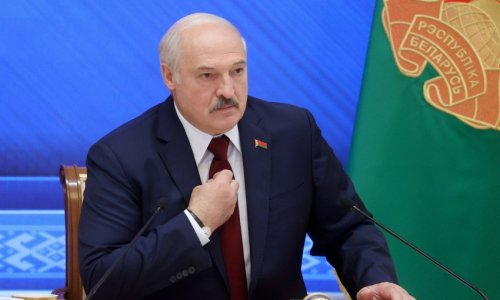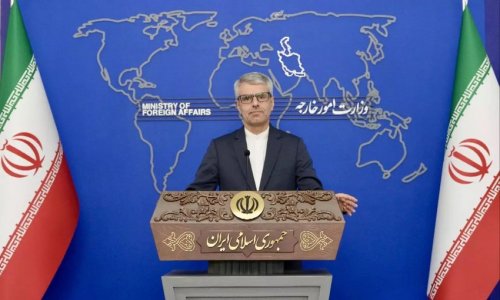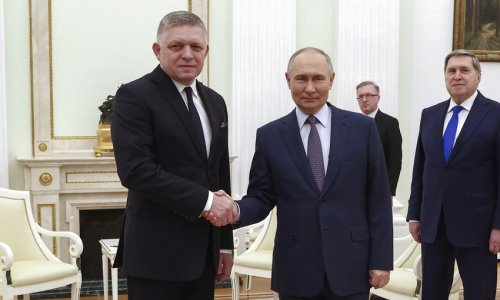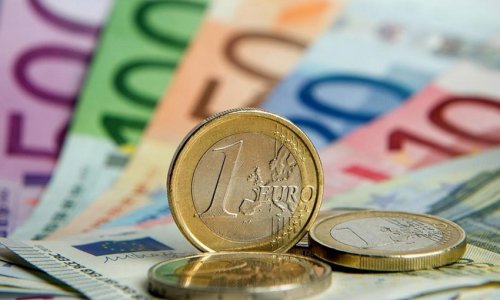Follow us !
Vladimir Putin's veiled threats over Ukraine - Analysis
World
12:00 | 19.04.2014
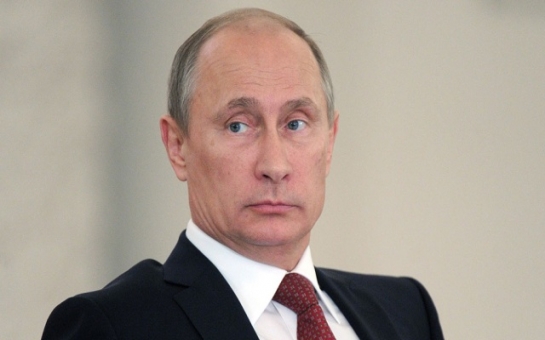
Vladimir Putin's veiled threats over Ukraine - Analysis
Russian President Vladimir Putin's yearly Q&A session is always a mammoth and carefully orchestrated event. This year it lasted nearly four hours and was dominated by questions about Crimea and Ukraine.It was a chance for Mr Putin to project himself as a reassuring statesman to his people, a leader who, from Russia's point of view, had this crisis under control.To his supporters he would have seemed a model peacemaker, advocating diplomacy and compromise.But his critics would have heard veiled threats, and an underlying steely determination to have his way.And in the light of what's been agreed in Geneva, his comments are also illuminating, a guide to what it is that Moscow wants.Starting pointHis main argument was that at the heart of any compromise had to be a deal between the government in Kiev and "real representatives" of the Russian-speaking rebels of eastern Ukraine (including some of the self-styled separatist leaders who have been imprisoned).That indeed was Russia's starting point at the talks in Geneva today between Russia, Ukraine, the United States and the EU, which have now resulted in an agreement to take initial steps to de-escalate the tension.But what Mr Putin made clear was that in his view the most important talks - between the two opposing sides in Ukraine itself - have yet to start.What he stressed again and again was that all Russia wanted was what the pro-Russian protestors of eastern Ukraine themselves demand - some sort of federal or decentralised arrangement, so they can run their own affairs (and presumably stay closely tied to Russia), and a guarantee that these rights would be protected by law.It did not matter which came first, he said: a referendum to change the constitution, or the election planned for 25 May for a new Ukrainian president. The key was whether Kiev could deliver a deal and a guarantee which the east Ukrainians accepted.So far, so good. Not a hint of talk of any secessionist aims, of eastern Ukraine following Crimea's lead to break away and join Russia (an option which has found less traction, it seems, in eastern Ukraine than it did among Russian-speakers in Crimea). That, it seems, is not what Russia wants.But the vision of compromise, if all goes well with negotiations, was only half of what Mr Putin had to say. There were also harsh words and warnings of what could happen if this attempt to exit from the crisis doesn't work.'Look at Yugoslavia'To have sent the Ukrainian army into eastern Ukraine was madness, said Mr Putin, a "grave crime" which meant that the illegal government in Kiev was staring into the abyss.He categorically rejected allegations that Russian special forces were operating in eastern Ukraine too. This, he said was "utter nonsense": the only forces in eastern Ukraine were locals, forced to take up arms in self-defence.Kiev had to pull its Ukrainian troops and heavy weaponry out, he said, before any compromise could possibly work.And if not, then Moscow would not recognise the presidential election in May and, more chilling still, everyone should remember that the Russian parliament had given him what he called the "right" to use Russian military force in Ukraine.He stressed that he hoped he would not have to give the order. But the threat remains: as a last resort, those tens of thousands of Russian troops based across the border might indeed be ordered to invade.And if Russians feared that this might create enmity for the first time in history between Russia and its Ukrainian brethren, it was not Russia's fault, said Mr Putin. He nodded to (unnamed) foreign powers who were always trying to drive a wedge between Russia and its neighbours out of fear of Russia's size and power."Look at Yugoslavia," he said. "They cut it up and then began to manipulate it. That's what they want to do with us."AnxietiesThis paranoia that the West has been out to weaken Russia emerged in other comments too.Absorbing Crimea into Russia had also been important in terms of national defence, he admitted, because otherwise the Nato alliance might have moved into Crimea and Sevastopol, elbowing Russia out of its rightful position at the heart of the Black Sea.But Mr Putin's attitude to the West is complicated. He also wants to be friends again - and so, it seems, do many Russians.A succession of questions made clear that while Russians may welcome the return of Crimea to the motherland, they are also worried about the price they might have to pay for this victory.President Putin tried to reassure them:that there was enough money in Russian reserves to cover the billions of roubles needed to prop Crimea upthat crippling European sanctions were unlikelythat Russia did not face the prospect of international isolation because many countries understood its point of viewthat if the Ukraine crisis could be resolved peacefully, a good working relationship with the United States and Europe could be restoredIt was a telling reflection of the anxieties of ordinary Russian people.Just as his own performance was an insight into the fears and suspicions which have driven Vladimir Putin's actions so far and a glimpse of his game plan for how this Ukrainian crisis might be resolved.But the tensions have not yet subsided. His deep-seated grievances against the West will probably not go away. And after all that has happened it may be harder to rebuild co-operation with Western partners and with any new government in Kiev than he assumes.It's still too soon to tell which way this crisis may turn out.(BBC)BakuDaily.Az

